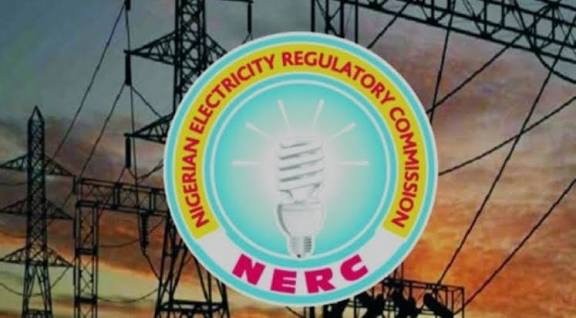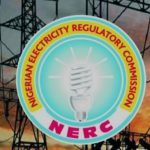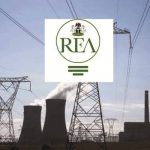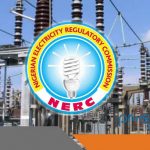The Nigerian Electricity Regulatory Commission (NERC) has urged the Federal Government to reconsider its policy on the use of the $2 billion allocated to the Rural Electrification Agency (REA) and channel a significant portion toward solving Nigeria’s persistent industrial power challenges.
Speaking at the Commission’s 20th Anniversary Celebration in Abuja, NERC Vice Chairman Dr. Musiliu Oseni said the country’s economic progress depends on deliberate policies that prioritise reliable power for industries rather than focusing solely on rural mini-grid projects.
He noted that while the REA’s initiatives have expanded access to electricity in rural areas, they are not sufficient to drive large-scale industrialisation or sustained economic growth. “There must be a deliberate policy by the Federal Government to power our industry for economic prosperity. You can power access through mini-grids, but you can’t power your economy to prosperity,” he said.
Oseni emphasised that part of the REA fund should be directed toward end-to-end infrastructure capable of stabilising power supply to industrial clusters, boosting productivity, and generating jobs.
Reflecting on NERC’s two decades of regulatory work under the theme “Strengthening Power Sector Governance for a Sustainable Future,” he highlighted the Commission’s success in unbundling Nigeria’s power sector, ending the monopoly of the former state-owned utility, and introducing frameworks that improved reliability, governance, and consumer protection.
He revealed that about 30 per cent of electricity consumers have experienced better service quality compared to two decades ago, adding that NERC’s interventions have also saved the government trillions of naira in subsidies, easing fiscal pressure.
Despite these gains, Oseni acknowledged that the nation’s transmission network remains underfunded and requires massive private investment. He called for stronger regulatory mechanisms to attract capital into the Nigerian Electricity Supply Industry (NESI), ensuring long-term stability and sustainability.
Established in 2005 under the Electric Power Sector Reform Act (EPSRA), NERC was part of former President Olusegun Obasanjo’s economic reform agenda to promote transparency, regulate tariffs, and enforce standards across the generation, transmission, and distribution value chains.
The 20th Anniversary event brought together current and former power ministers, legislators, regulators, development partners, and industry stakeholders to reflect on two decades of progress and challenges in Nigeria’s evolving electricity landscape.










